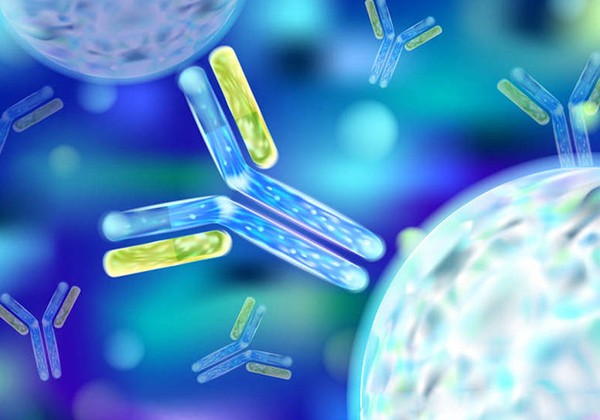Q
What are the basic principles of antigen peptide selection?
The basic principles of antigen polypeptide selection are: (1) on the protein surface as much as possible; (2) Ensure that the sequence does not form α- helix;(3) The peptide at N and C ends is better than that in the middle; (4) Avoid internal duplication or sequence close to the repetitive segment of the protein; (5) Avoid peptides with strong homology; (6) Crosslinking can be performed at both ends of N and C. The basis for selection is that the crosslinking is at the end that is not important for antibody production; (7) There should not be too many Pro in the sequence, but one or two Pro are beneficial, which can make the peptide chain structure relatively stable, and is beneficial to the production of specific antibodies.
Q
What conditions should antigen peptide design meet?
In order to obtain the best effect in the production of antibodies, it is necessary to carefully design the antigen polypeptide. The design should meet a basic condition: during the immune process, the antigen will not produce a strong immune response, and at the same time, it can produce antibodies that have the binding ability to the protein of interest.
Q
Usually choose the N terminal or C terminal of the protein to prepare antibodies?
In order to avoid the risk that the recognition region is hidden inside the protein, we usually recommend selecting the N and C ends of the protein to generate the corresponding antibodies. Because in a complete protein, both ends of N and C are usually exposed on the surface of the protein. However, it must be noted that the C-terminal hydrophobicity of the membrane protein is too strong to be used as an antigen.
Q
How to define high-quality antibody?
High quality antibody is an antibody with appropriate sensitivity and specificity, which can answer the questions raised by your test. In addition, one antibody may not be suitable for all applications, because each application has different performance specifications.
Q
What is the cross-linking method of carrier protein?
Adding the carrier protein at the end far from the antibody recognition area, and adding Cys at the N or C end when there is no Cys in the sequence is the preferred method for cross-linking.
Q
How to determine whether to choose monoclonal antibody or polyclonal antibody?
Polyclonal antibody and monoclonal antibody have their own advantages. In general, monoclonal antibodies have strong specificity, but relatively small affinity, so the sensitivity of antigen detection is relatively low; The specificity of polyclonal antibody is weak, but the affinity of antibody is strong and the sensitivity is high. Compared with monoclonal antibodies, the production of a large number of polyclonal antibodies is relatively fast and cheap. They are non-specific because they can recognize multiple epitopes on any antigen.
More

